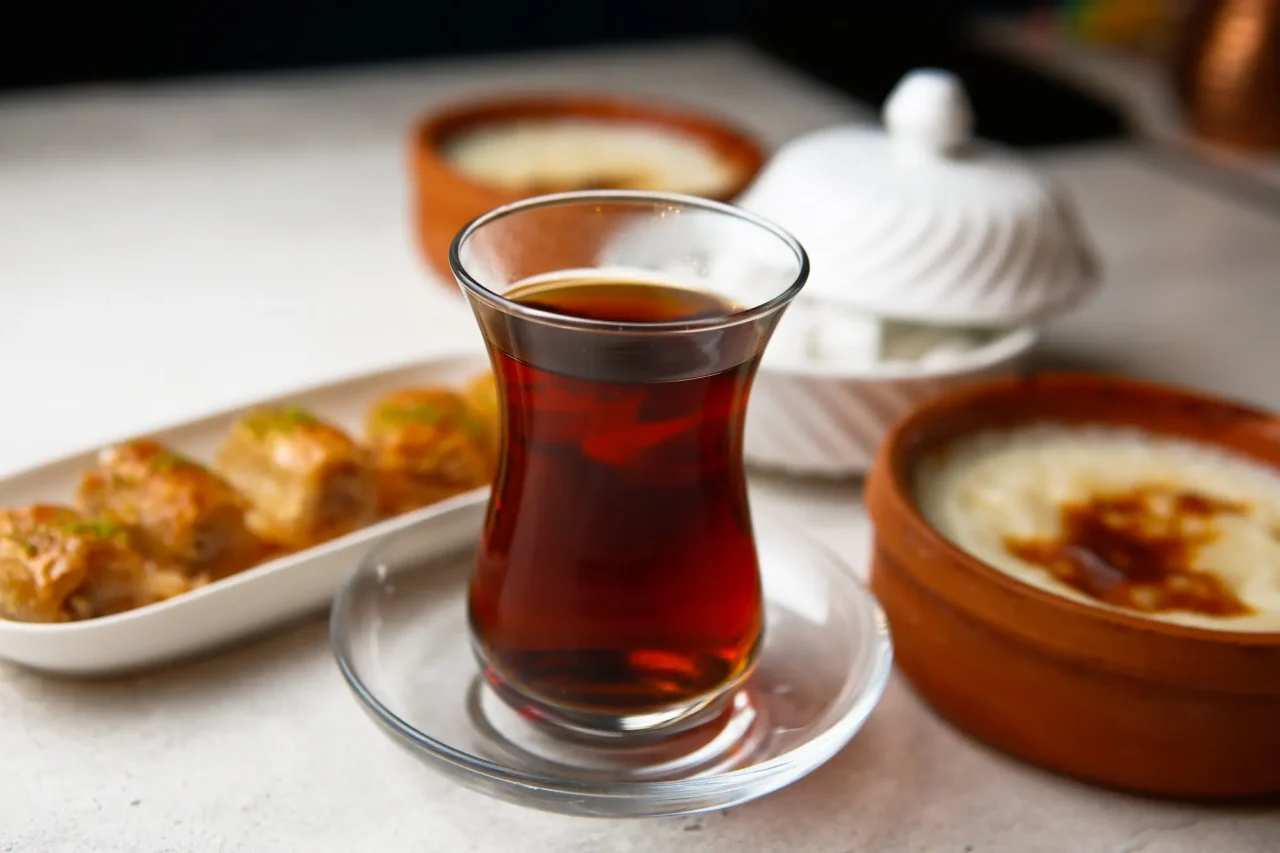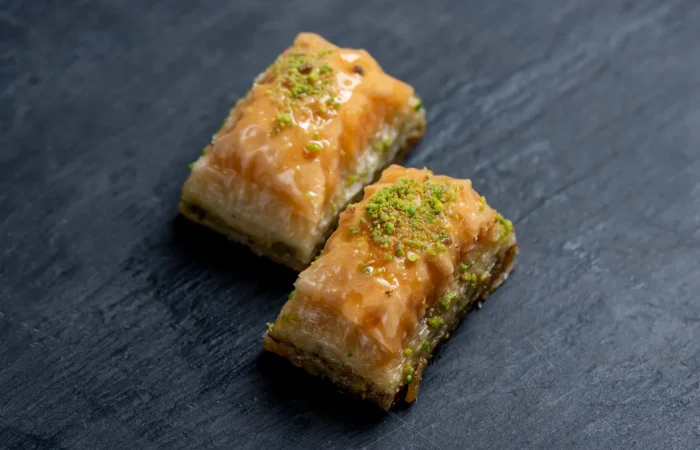Turkish tea, known as çay, is more than just a beverage – it is an essential part of daily life and a symbol of hospitality, friendship, and conversation in Turkey. Whether sipped in the bustling streets of Istanbul or in a quiet village teahouse, Turkish tea plays a central role in social gatherings, business meetings, and family time.
A Brief History of Turkish Tea
While Turkey is famous for its coffee culture, tea became widespread in the country during the early 20th century. As coffee prices soared, tea emerged as a more affordable and accessible alternative. The tea plantations of the Rize province along the Black Sea coast flourished, becoming the heart of Turkish tea production. Today, Turkey is one of the largest consumers of tea in the world, with çay serving as a cornerstone of Turkish hospitality.
How Turkish Tea is Made
Turkish tea is prepared using a unique method involving a two-tiered teapot called a çaydanlık.
Ingredients and Tools:
Black tea leaves (çay)
Water
Çaydanlık (double teapot)
The Process:
Boiling the Water: Water is boiled in the lower pot of the çaydanlık.
Brewing the Tea: Loose tea leaves are placed in the upper pot, and some of the boiling water is poured over them to steep.
Diluting: The strong tea concentrate is diluted with additional hot water from the lower pot to achieve the desired strength.
Serving: Tea is traditionally served in small, tulip-shaped glasses, which allow the rich red color of the tea to shine through.
How to Drink Turkish Tea
Turkish tea is typically served without milk. It is often accompanied by sugar cubes but can also be enjoyed plain. Tea is a constant feature at breakfast, after meals, and during social gatherings.
The Cultural Significance of Turkish Tea
Hospitality: Offering tea to guests is a sign of respect and warmth.
Social Bonding: Teahouses and cafés are popular spots where people gather to chat, play games like tavla (backgammon), or simply enjoy the atmosphere.
Ceremonial Role: Tea plays a part in important ceremonies, celebrations, and even business negotiations.
Where to Enjoy Turkish Tea in Istanbul
Çengelköy Çınaraltı (Üsküdar): A historic teahouse with stunning Bosphorus views.
Pierre Loti Hill (Eyüp): Sip tea while overlooking the Golden Horn.
Grand Bazaar (Fatih): Experience traditional tea culture in one of Istanbul’s oldest markets.
Cost and Accessibility
Price Range: 15-30 TRY per glass at most cafés and teahouses.
Availability: Turkish tea is served everywhere, from street vendors to upscale restaurants.
Turkish tea is more than just a drink – it is an invitation to slow down, engage in conversation, and immerse yourself in Turkish culture. Whether enjoyed by the Bosphorus or in a quiet neighborhood teahouse, sipping çay is an unforgettable experience that reflects the warmth and hospitality of Turkey.









